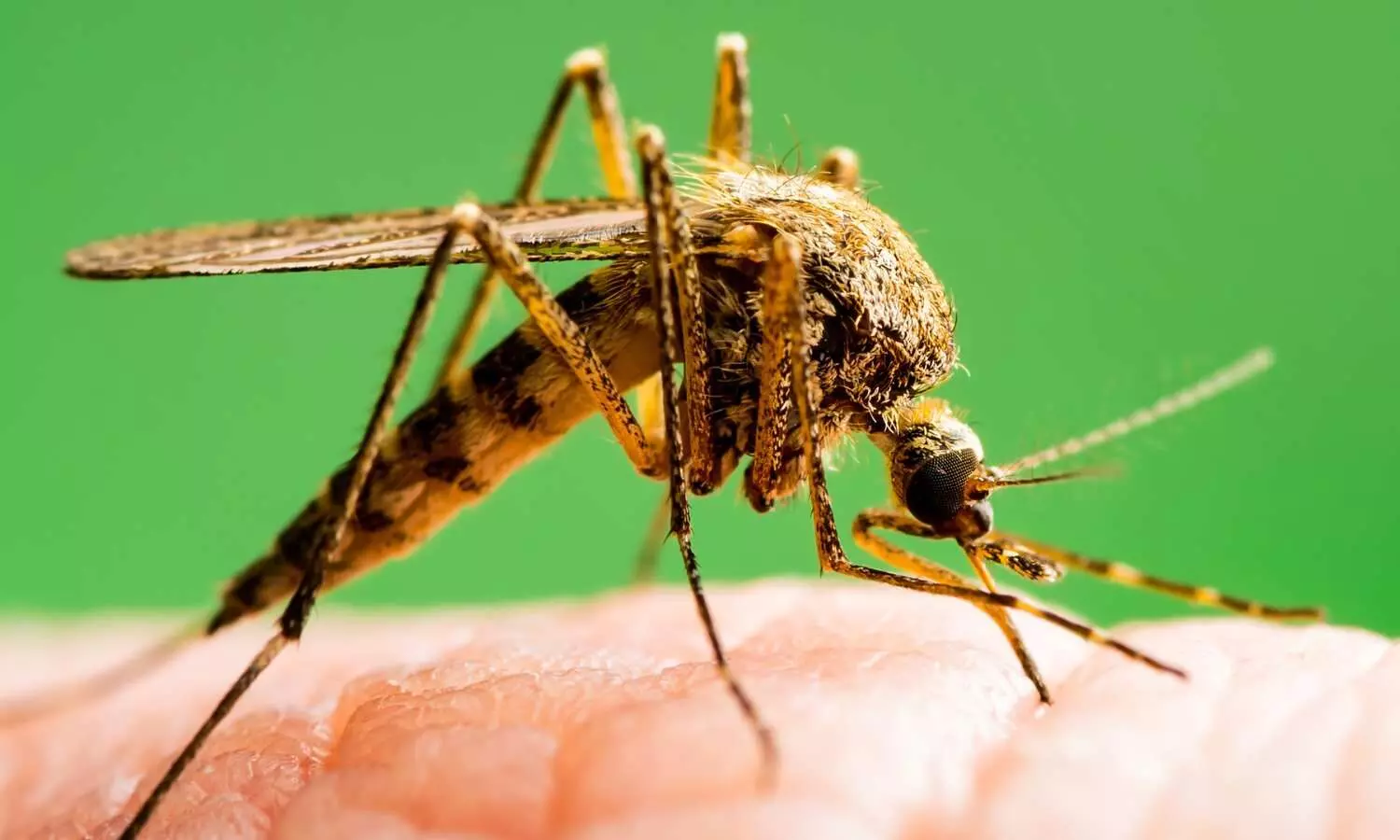Study Finds Ivermectin Lowers Malaria Risk in Children by 26%

New Delhi: A new study published in The New England Journal of Medicine has found that ivermectin, a drug traditionally used to treat neglected tropical diseases, can significantly reduce malaria infections when administered to entire communities. Researchers observed a 26% reduction in malaria incidence among children who received ivermectin compared to those given a control drug.
The study was conducted in Kwale County, Kenya, and included children aged 5 to 15. Those who were given ivermectin experienced notably fewer malaria infections than those who received albendazole, the control medication used in the trial. The study specifically found that the effect was stronger among children who lived farther from cluster borders and in areas with higher drug distribution coverage.
“Ivermectin administered to the whole population significantly reduces malaria transmission, offering new hope in the fight against the disease,” the research team from the Barcelona Institute for Global Health (ISGlobal) said.
Ivermectin works by killing mosquitoes that bite people who have taken the drug, thereby reducing the spread of malaria. The treatment’s safety profile was also favorable. No serious adverse events were reported, and side effects were mild and temporary similar to those already known from ivermectin use in treating diseases like onchocerciasis (river blindness) and lymphatic filariasis (elephantiasis).
Carlos Chaccour, co-principal investigator and ISGlobal researcher, welcomed the results. “We are thrilled with these results,” he said. “Ivermectin has shown great promise in reducing malaria transmission and could complement existing control measures. With continued research, ivermectin MDA could become an effective tool for malaria control and even contribute to elimination efforts.”
Malaria continues to pose a major global health burden, with an estimated 263 million cases and 597,000 deaths reported in 2023. Traditional methods such as long-lasting insecticidal nets (LLINs) and indoor residual spraying (IRS) are becoming less effective due to increasing insecticide resistance and changes in mosquito behavior, such as biting outdoors or during dawn and dusk.
The study tested a monthly dose of ivermectin (400 mcg/kg) administered for three consecutive months at the start of the rainy season, when malaria transmission typically increases. Researchers believe ivermectin may serve as a valuable addition to existing malaria control strategies, particularly in areas where traditional interventions are losing effectiveness.
(With inputs from IANS)


